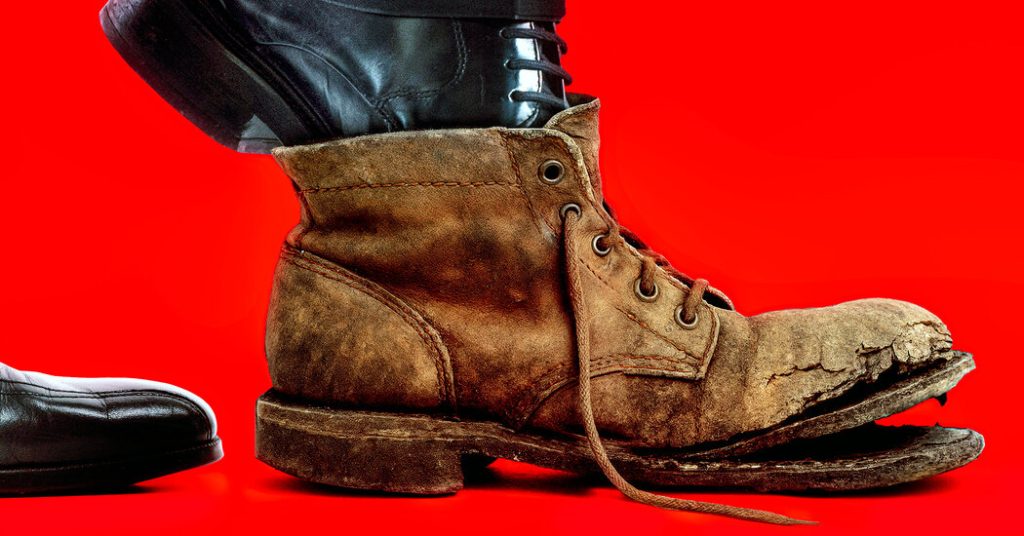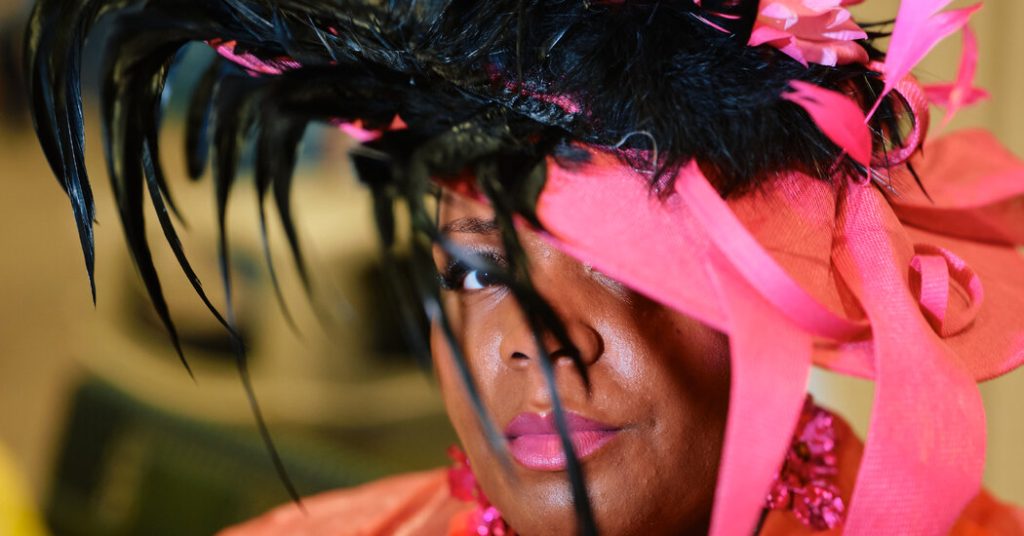In an interview earlier this year with Joe Rogan, Elon Musk quipped that “the fundamental weakness of Western civilization is empathy.” He seemed to blame it, in part, for the decline of America’s cultural vitality. He said he believed in empathy but cast it as being “weaponized” by the woke.
For all his derision of empathy, Mr. Musk is quite good at employing it for his own needs. In fact, I’d argue he’s one of the most effective empathic operators in modern business and public life.
Though we often think of empathy as synonymous with kindness, that isn’t entirely accurate. Empathy is not the same as compassion. At its core, empathy is the ability to understand others’ perspectives — what they feel, what they think, what they fear, what they want. That understanding can be wielded in service of a greater good. Or it can be exploited, as Mr. Musk himself was arguing.
In psychological terms, empathy is not a singular skill — it comes in different forms. As researchers have shown, affective empathy (the ability to feel what others feel) is distinct from cognitive empathy (the ability to understand what others feel). Many people have both. Others, like narcissists and sociopaths, often possess only the latter, if they have empathy at all. And this is where things can get dangerous.
When I wrote my book, “Applied Empathy,” several years ago, I included Mr. Musk on a list of entrepreneurs who had leveraged their cultural understanding to create compelling businesses. He empathized with society’s collective craving for a future-forward vision and offered rockets (SpaceX) and self-driving cars (Tesla) as answers. Because these businesses responded to our needs, we wanted to come along for the ride. That’s empathy in action.
What I didn’t account for back then — and what we’re reckoning with now — is what happens when an understanding of human behavior is not used to uplift or support but to provoke or destabilize.











